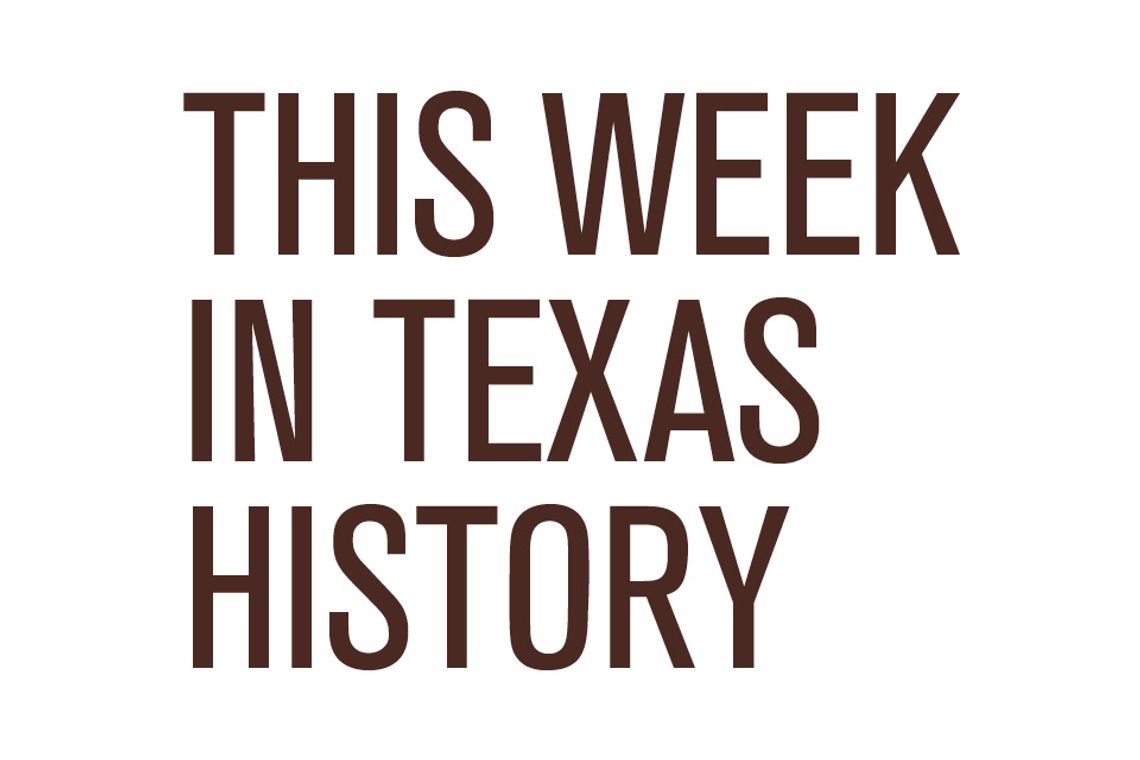A Southern Pacific special pulled into the San Antonio train station on June 15, 1917, and more than 400 Chinese nationals poured onto the platform to take a peek at their new home.
The American Punitive Expedition failed to find Pancho Villa, but the footsore soldiers did not come back from Mexico empty-handed. Although the March 1916 attack on Columbus, New Mexico went unavenged, Gen. John J. Pershing had nearly 3,000 refugees to show for his time and trouble.
To stem the tide of Oriental immigration, Congress took the drastic step in 1882 of slashing to zero the quota for Chinese.
The ban became permanent 20 years later.
Once the Army escorted them safely across the border, the Americans and Mexicans that made up the vast majority of exiles at least had someplace to go. Not so for 427 Chinese, who under U.S. law were about as welcome as the plague.
To stem the tide of Oriental immigration, Congress took the drastic step in 1882 of slashing to zero the quota for Chinese. The ban became permanent 20 years later.
In spite of this prohibition, Gen. Pershing refused to leave the helpless pariahs behind in Mexico, where their lives were in serious jeopardy, and insisted upon humanitarian grounds that they be allowed to enter the country. Immigration authorities reluctantly agreed to provide sanctuary but only until the danger passed down south.
The Chinese were held in quarantine in New Mexico, while Pershing looked for better accommodations. In his absence, William Tracy Page, an old friend, tended to the needs of the illegal aliens.
Just before he embarked for Europe and World War I, Pershing found jobs for the idle Chinese at military construction sites in the San Antonio area. After the mountain of paperwork was successfully scaled, the apprehensive Asians climbed aboard the train that carried them to Texas in June 1917.
The Army was anxious to build a new camp near Fort Sam Houston, but the land had to be cleared of an impenetrable growth of cactus and thorn bushes. According to experienced supervisors, the tough task would take at least three months.
To their astonishment, the Chinese finished the job in just five weeks. Hard at it by sunrise, the tireless foreigners labored late into the night by the light of the moon without asking for a penny of overtime.
The guest workers also showed they were model citizens. After toiling all day in the searing Lone Star heat, they spent their evenings learning English. They even contributed to local charities by taking up collections for the Red Cross and the poor at Christmastime.
As wartime construction wound down in the Alamo City, Page scrambled to locate other employment for his wards. At first he farmed out many to military installations in western Texas and New Mexico, but at the end of the war the Chinese were working as far away as Arizona, Oklahoma, Colorado and Wyoming.
Retirement from the service in 1919 did not lessen the responsibility Page felt for his new friends. He stayed in San Antonio and continued to serve as their unpaid benefactor.
Meanwhile, the federal government moved to deport the Chinese. Since conditions had not improved in Mexico, they would be shipped back to their famine-ravaged homeland. When the secretary of war applied for the funds to finance the mass repatriation, Page rushed to Washington.
He talked two prominent attorneys into accepting the complicated case for free. After examining the options, the lawyers recommended a direct appeal to Congress that called for granting the Chinese permanent residency as a reward for their patriotic participation in the war effort.
Page had no trouble enlisting Gen. Pershing in the cause. The famous commander of the victorious Allies played an indispensable part by opening the closed minds of several important politicians to the unpopular idea.
But the unscrupulous interference of an influence peddler threatened the entire enterprise. Charles Hille, a lawyer retained by well-meaning Chinese-Americans, tried to go through the back door to gain citizenship for the refugees.
Tipped off to Hille’s dubious methods, the secretary of labor sent a subordinate to San Antonio to investigate the matter. Mistaking the Good Samaritan for the charlatan, the bureaucratic bloodhound reported that Page not the shyster was in it only for the money.
In spite of the confusion created by Hille as well as the outright hostility of federal officials, the Chinese resolution was passed by both houses of Congress and signed by President Harding in November 1921. Included in the measure was the promise of full citizenship for the children of the long suffering exiles.
By February of the following year, the Chinese were free to start their new lives in America. More than half chose to stay in San Antonio, where they became industrious and respected members of the community.
Bartee’s four books “Texas Depression-Era Desperadoes,” “Murder Most Texan,” “Texas Boomtowns: A History of Blood and Oil” and “Unforgettable Texans” available at barteehaile.com or by mail at P.O. Box 130011, Spring, TX 77393.










